Mackesy P. The War for America, 1775-1783
Подождите немного. Документ загружается.

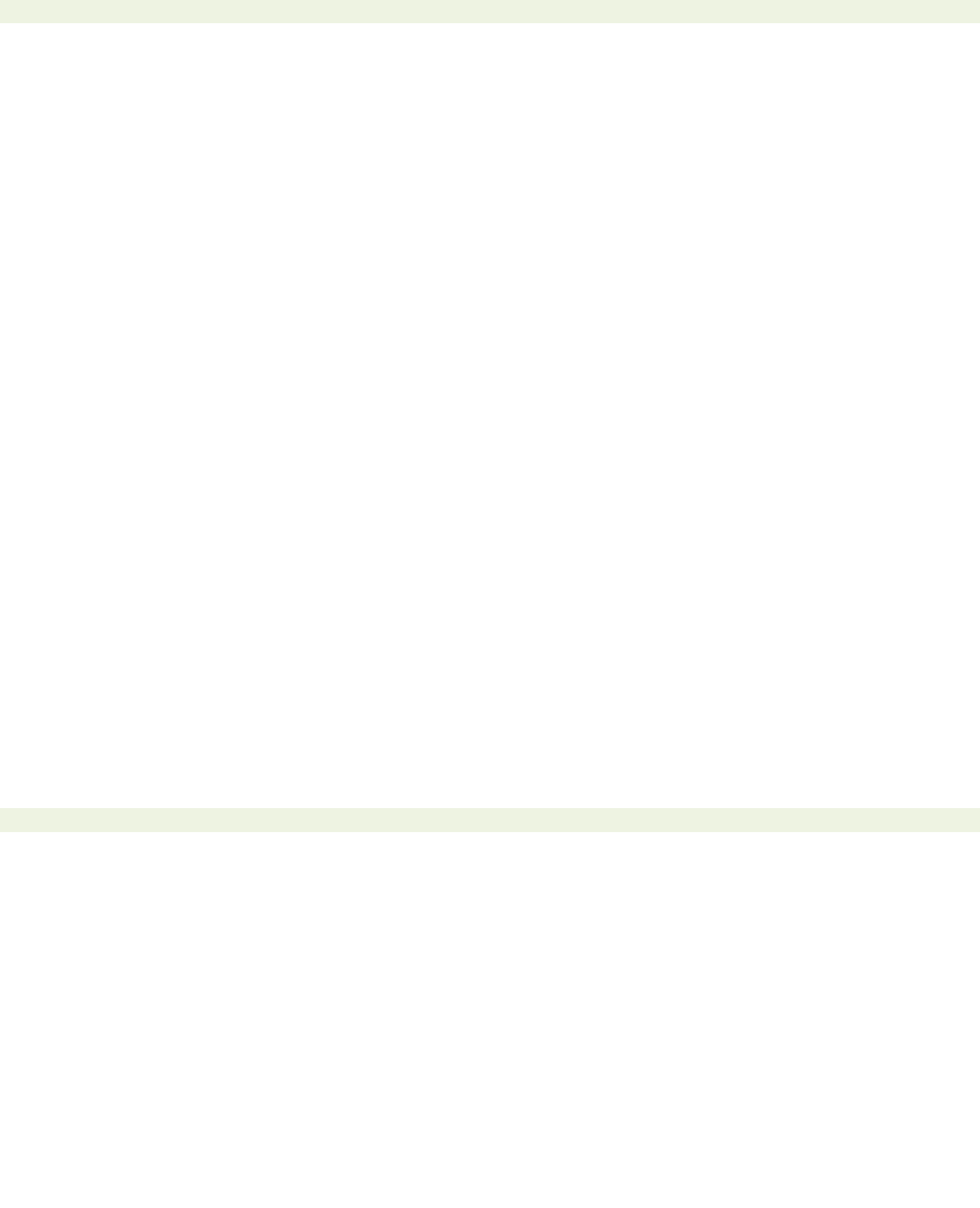
page_323
file:///C:/Users/User/AppData/Local/Temp/Rar$EX01.335/The%20War%20for%20America%20%201775-1783/files/page_323.html[1/17/2011 2:27:14 PM]
< previous page page_323 next page >
Page 323
prize-crews struggled to take possession of the captured ships. Two of the prizes were cast ashore; but four were
brought out and returned to England.
Frigates were despatched to Tangier to urge the Consul to hasten fresh provisions to Gibraltar. 'Great Britain was
again Mistress of the Straits', was Rodney's message. The Spanish blockading squadron was driven off, and the
relieving fleet came through the storms to anchor off the Rock. Troops, stores, and provisions poured ashore to
make the fortress safe. The reinforcement intended for Minorca was detained by General Eliott; but the stores were
forwarded to Murray at Port Mahon.
The run of success was not yet ended. As Digby's squadron made its way home to the Channel, it met a Mauritius
convoy outward bound from France, scattered it, and took several transports and a coppered sixty-four stored for
four years with £60,000 on board. This encounter brought the prizes of the Gibraltar operation to six ships of the
line besides three destroyed or wrecked; about thirty-six merchantmen; and £70,000 sterling. There was triumph in
London, and for Rodney the freedom of the City and the thanks of both Houses. 'You have taken', wrote Sandwich,
'more line-of-battle ships than had been captured in any one action of either of the last preceding wars.'
Rodney, in the meantime, was pursuing his lonely course towards the West Indies with four ships of the line. He
lamented that none of Digby's coppered ships had been allowed to accompany him. Yet he had himself kept one of
Digby's ships at Gibraltar to bring home the transports when they were unladen; a course which was contrary to his
orders and ominously disregarded the value of each single ship of the line to his hard-pressed country. In 1781 the
same disregard was to keep ships from the vital battle off Yorktown.
3
The Loss of the Initiative
The month of Rodney's first victories saw the rapid assembly of the second Leeward Islands convoy. The transports
gathered, four regiments received their marching orders and embarked; and the force sailed on 30 January under
convoy of the Intrepid. Only the officer commanding the whole brigade knew their destination: the battalion
commanders were left in the dark, and the naval escort was under sealed orders. The four additional regiments for
Jamaica were to follow shortly. Thus in the course of the winter ten battalions embarked for the West Indies with a
total strength of 7,000 rank and file besides recruits. This was a larger reinforcement than had been spared for
North America in any year since 1776, and measures better than the words of statesmen the trend of British
strategy. Since the beginning of the war twenty-two battalions had been sent to the West Indies from
< previous page page_323 next page >
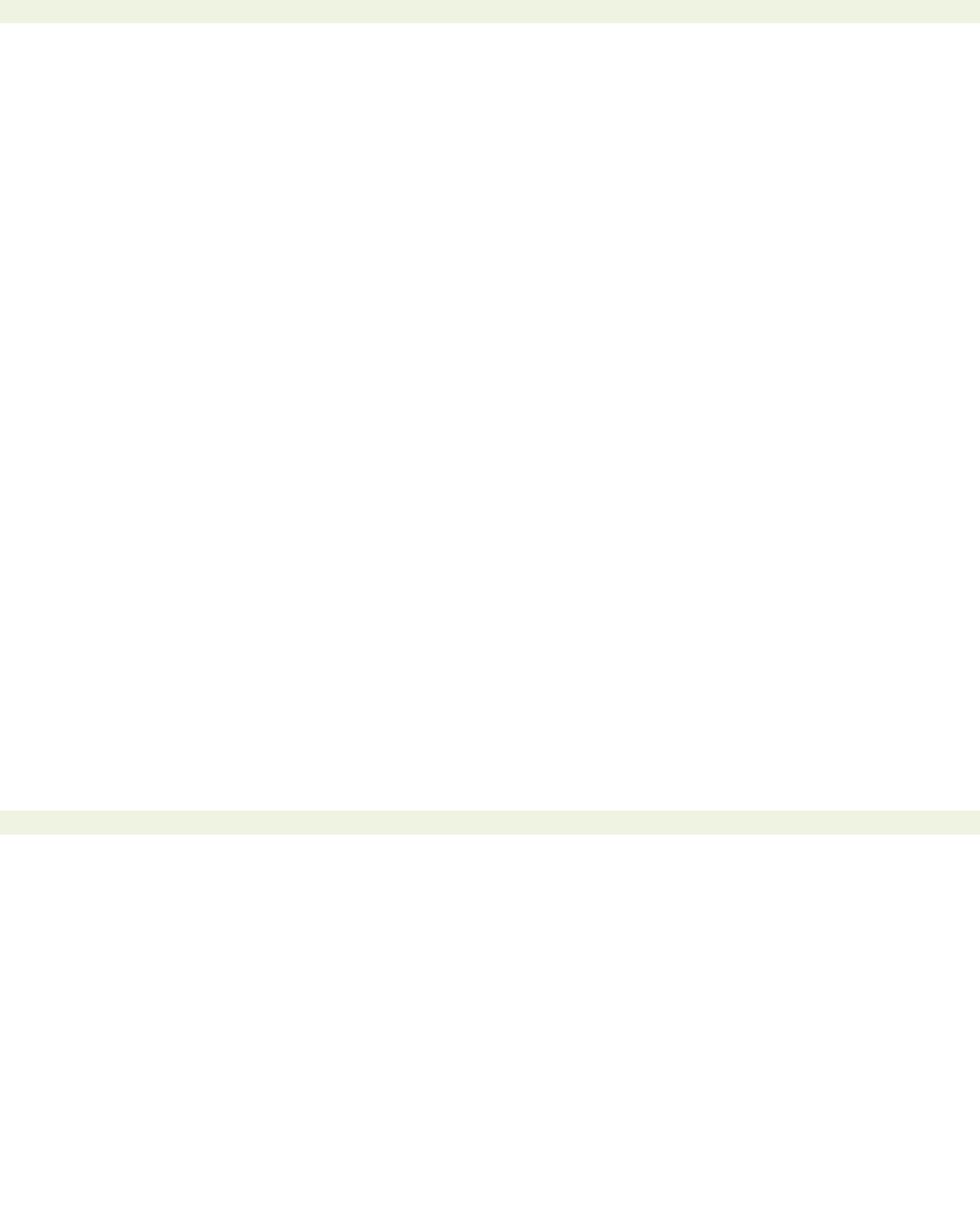
page_324
file:///C:/Users/User/AppData/Local/Temp/Rar$EX01.335/The%20War%20for%20America%20%201775-1783/files/page_324.html[1/17/2011 2:27:15 PM]
< previous page page_324 next page >
Page 324
England and America: a total of some 13,000 rank and file in addition to recruits.1
Three days after the Intrepid's convoy sailed, some British sailors broke out of prison in Brest, seized a brig, and
made sail for England. They reached Whitehaven on 6 February, bringing the news that a very powerful force
under Admiral Guichen had been due to sail for the West Indies on the 3rd. The French crew of the brig confirmed
that the force was fifteen sail of the line or more, with numerous frigates and fifteen or sixteen thousand troops;
and its departure was reported by a Danish brig which left Brest on the 4th.2 The plans of the enemy were
beginning to take hold.
In the previous November the French Admiralty's planning staff had examined a number of plans in the light of the
summer's failure in the Channel. The courses from which France had most to gain were the conquest of the British
West Indies or decisive operations in the Indian Ocean; but the head of the department considered that with no
preparations in hand it was now too late in the winter to reinforce these theatres. Operations in North America he
considered too uncertain in cost, duration and results, and a war against English trade was unlikely to be decisive.
He therefore concluded that France and Spain should adhere to the plan of invading the British Isles.
His government, however, decided otherwise. Vergennes had been discouraged in the course of 1779 by
dissensions among the American rebels and the energy with which England had mobilised her resources. In the
autumn the Spaniards withdrew the whole of their fleet from Brest to cover the siege of Gibraltar, and they were
accompanied by four French ships of the line. The allies agreed to abandon the invasion for the present, and to
make their main effort an offensive in the Antilles. Admiral Guichen would take a squadron to Martinique, where
the French fleet would be maintained at a strength of at least twenty-five sail of the line, and the Spaniards
promised twelve of the line and 10,000 troops for Havana. Elsewhere the British would merely be held. Two ships
of the line were destined to reinforce the Indian Ocean and contain them in Asia; and a force under Admiral
Ternay to prevent a collapse of the rebellion in America.
In England it had been known for some time that the French were preparing a reinforcement for Martinique; and
on learning the great scale of Guichen's expedition Germain shrewdly penetrated the enemy's design. He guessed
that as a result of the Spanish withdrawal to their home ports, the
1 Yet another battalion (Rainsford's 99th) was sent to Jamaica in the summer of 1780, the eleventh to go
from England within little more than six months. Seven companies were intercepted by the Spaniards.
2 CL, Germain, 8 and 10 Feb. to Vaughan.
< previous page page_324 next page >
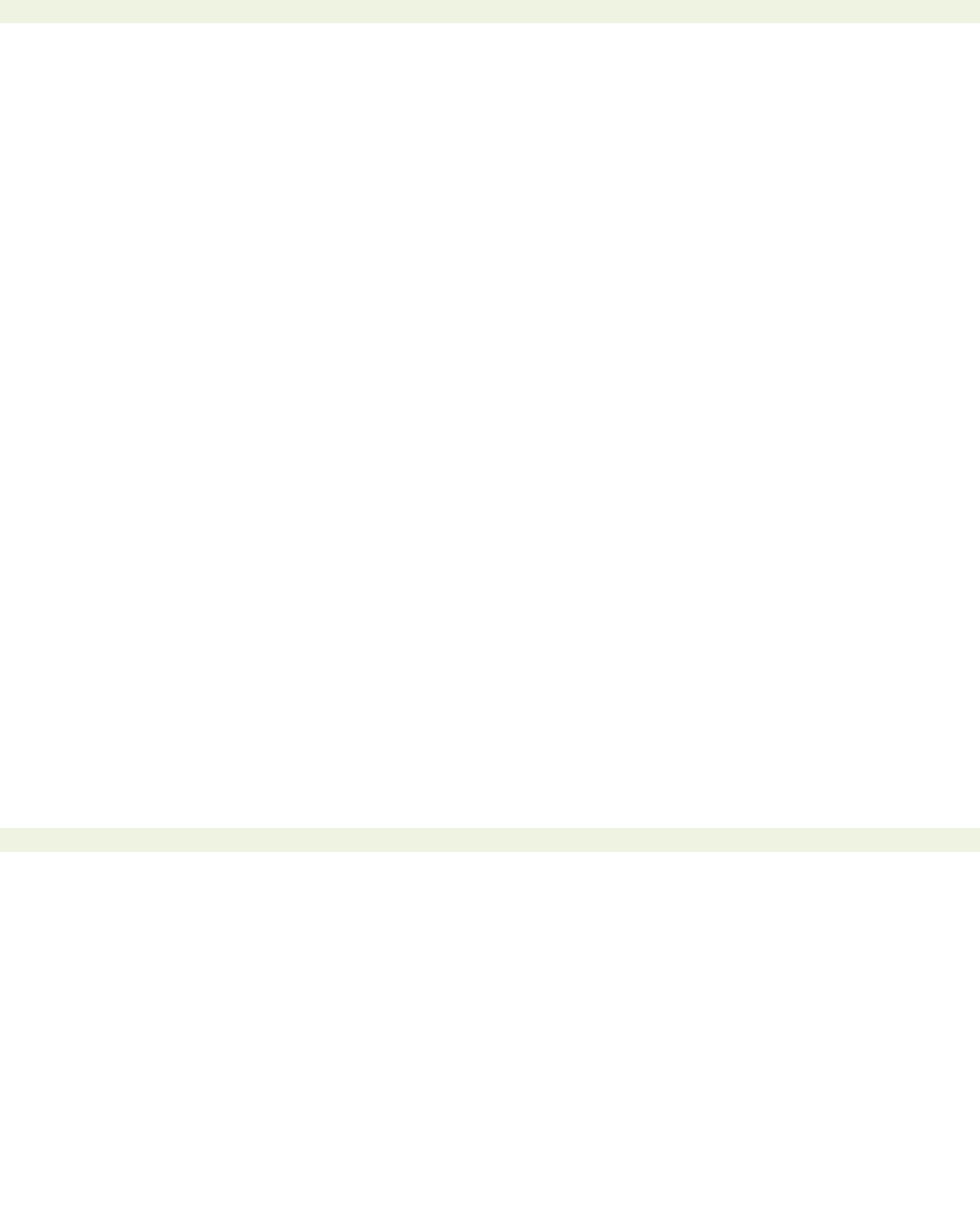
page_325
file:///C:/Users/User/AppData/Local/Temp/Rar$EX01.335/The%20War%20for%20America%20%201775-1783/files/page_325.html[1/17/2011 2:27:15 PM]
< previous page page_325 next page >
Page 325
enemy had abandoned the invasion of England, and that the West Indies would now be the main theatre of war.
The British government had been starving the defence of England for the sake of a West Indian offensive. Now it
appeared that the French were moving in the same direction, and were likely to retain the initiative in the islands.
But as yet Germain felt no alarm, and assured General Vaughan that the government would not allow a naval
inferiority in the Leeward Islands. Of that there was no apparent fear, for twelve sail of the line were under orders
for the West Indies: five of them well on their way with Rodney and the second Leeward Islands convoy, three
more from North America, and four under Commodore Walsingham preparing to convoy the trade and Garth's
battalions to Jamaica.1
At this juncture there occurred a characteristic naval miscarriage. An express arrived from Cork with the news that
seven transports and a victualler for the Leeward Islands had separated from the Intrepid's convoy. Since they had
not received their orders or been given a rendezvous they had been able to do nothing but turn back to port.
Germain was in touch with the Admiralty at once, and a ship of the line intended for the next convoy was sent to
Cork to take the stragglers out to General Vaughan without delay. Delay there was, however, for they remained
wind-bound till the end of March. Germain, though vexed, remained unperturbed, confident that the French ships
in the West Indies were in bad condition and short of stores, and would not be fit for operations before the arrival
of Rodney.2
The news which began to change this prospect was the destination of Ternay's squadron. Its existence in Brest had
been known for some time, but its strength had been reported as four or six ships of the line and its destination as
the Indian Ocean. The Admiralty had merely ordered Hughes to retain the three ships of the line which had been
recalled from India.3 But by early March Ternay was thought to be bound for North America, and to be taking as
many as a dozen ships of the line and 12,000 troops. With Arbuthnot's force at New York supposedly depleted by
the detachment ordered to the West Indies in the past autumn, a considerable force would have to be sent to his
help. It was not easy to spare a further detachment from the ships at home; but happily on 5 March Sandwich learnt
of Digby's return from Gibraltar with the six prizes of the operation: the French sixty-four coppered, fully stored
and ready for immediate service, and the Spaniards also said by Rodney to be in good shape. With this accession
of strength, Sandwich suggested to the King that five ships of the line should be spared from home service and
detached under Admiral Thomas Graves
1 CL, Germain, 8 and 10 Feb. to Vaughan.
2ibid., 12 Feb. to Knox and Col. St Leger; CO 5/99, f. 21.
3 Adm. 2/1337, f. 21. For the earlier recall of Hughes's ships, see above, pp. 2612.
< previous page page_325 next page >
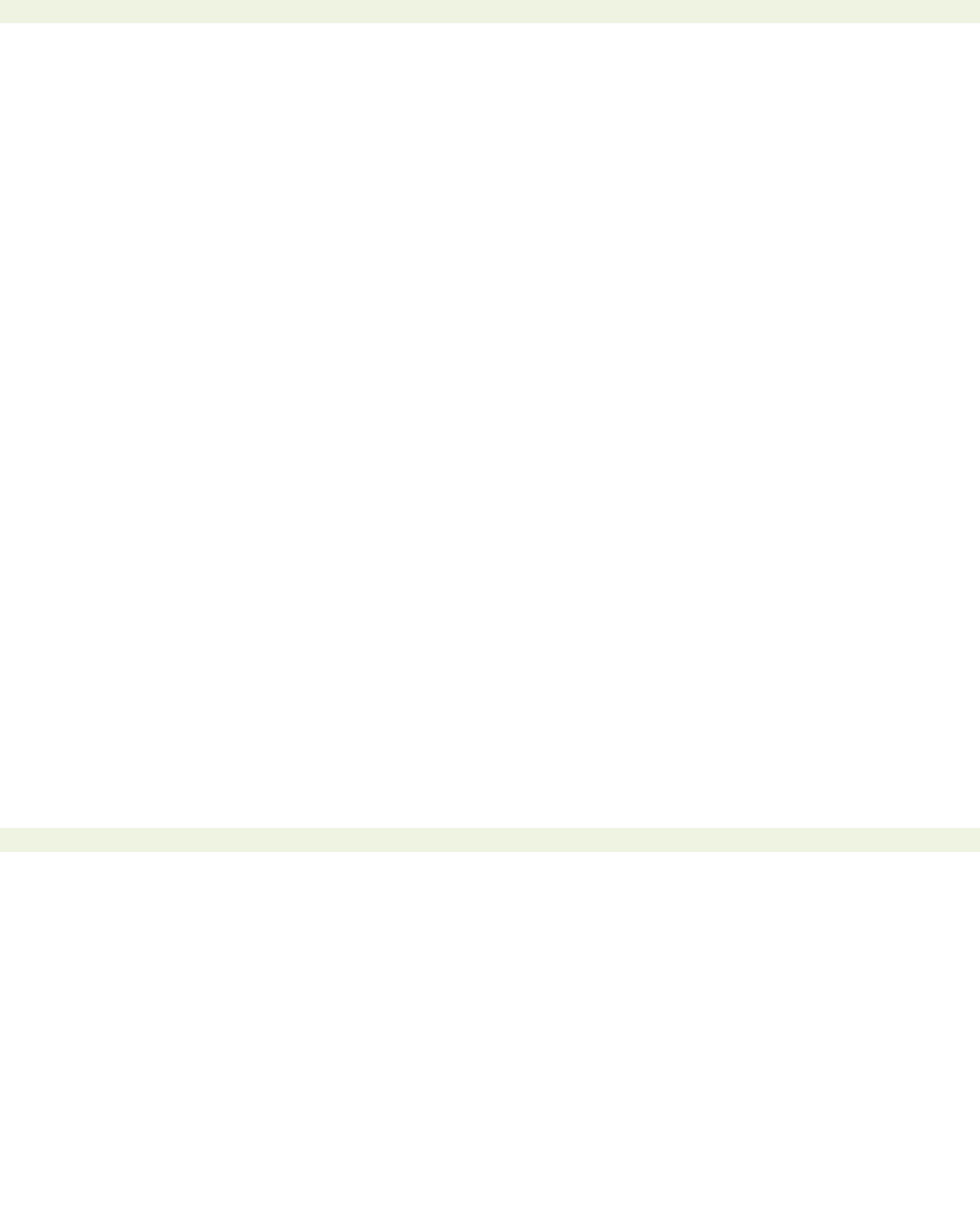
page_326
file:///C:/Users/User/AppData/Local/Temp/Rar$EX01.335/The%20War%20for%20America%20%201775-1783/files/page_326.html[1/17/2011 2:27:16 PM]
< previous page page_326 next page >
Page 326
to the American coast. The King agreed strongly, and only urged that the Navy Board should not follow the 'old
scrupulous method' of reporting Rodney's prizes fit before they were purchased, but hasten on their equipment if a
superficial survey suggested that they were sound. He had grasped how the battle for the initiative was running:
'The country that will hazard most will get the advantage in this war. By keeping our enemies employed, we shall
perplex them more than by a more cautious, and consequently less active, line of policy.1
The King's wish for haste was being met. Already the Comptroller had agreed to purchase the prizes summarily,
without removing their naval stores or bringing them into dock, and Amherst had given a similar undertaking for
their guns and ordnance stores. Sandwich obtained North's support for the despatch of Graves's squadron, and on
the evening of 7 March they put it to a Cabinet meeting. The Cabinet was persuaded. On Sandwich undertaking to
have thirty other ships of the line ready for home service by 1 May, they agreed to spare six of the line for
America.2
Where should the squadron go? Sandwich feared that Ternay's ultimate destination might be the West Indies or
perhaps the southern colonies, and he wished the relief to go to Charleston, whence it would move north or south
as might be necessary. 'Depend upon it', he assured Rodney when the decision to send the reinforcement was taken,
'you shall be nobly supported; and though the enemy, I am persuaded, means to make the West Indies the great
scene of action, I hope we shall be able to give you a great superiority of force, or at least an equality, which with
your conduct will be the same thing.' But Germain guessed otherwise about the enemy's intention. He was
convinced that Ternay had a northerly destination, and suspected that it might be Canada rather than New York. It
was true that New York had been weakened by the departure of Clinton's expedition to Charleston, and might
tempt the enemy; but he was confident that the reduced state of Washington's army would prevent success. On the
other hand Lafayette had just returned from France to Boston, and he was connected in Germain's mind with
Canada. We know now that the French did not intend to conquer Canada for the Americans; but the rebels' hopes
and dispositions, the promises held out to the Canadians, and reports of the French troops' equipment and
commanders, all suggested that Quebec, Newfoundland or Halifax might be their objective. And Quebec and
Halifax were very weak. It had been impossible to spare reinforcements from England for Canada; and Clinton,
having failed to get troops through to the St Lawrence in the autumn, had switched everything he could spare into
his southern offensive at Charleston.3
1 G 2956; Sandwich, III, 204, 243.
2 G 29612.
3 Sandwich, III, 203, 206; CL, Germain, 15 March to Clinton and Robertson.
< previous page page_326 next page >
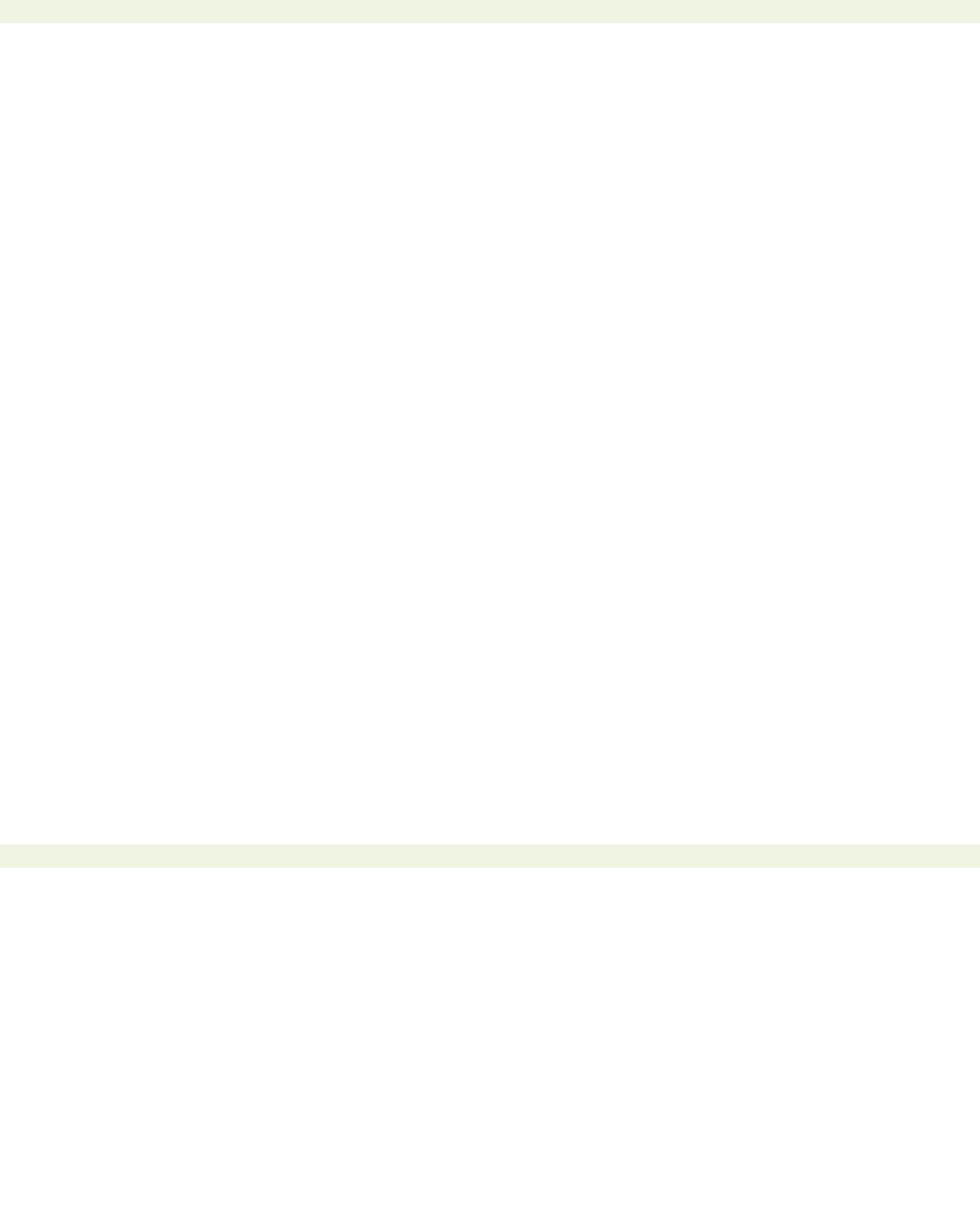
page_327
file:///C:/Users/User/AppData/Local/Temp/Rar$EX01.335/The%20War%20for%20America%20%201775-1783/files/page_327.html[1/17/2011 2:27:16 PM]
< previous page page_327 next page >
Page 327
This reasoning convinced the Cabinet that the right destination for Graves was Halifax. Sandwich still disagreed,
but he had gone out of London for the week-end and recorded his dissent by letter. The Cabinet also wished to add
two ships to Graves's squadron, so that he could pursue and fight Ternay with his own force even if Arbuthnot did
not join him. But in the First Lord's absence they would take no decision on either issue, and Germain wrote on 11
March begging him to come. 'Your Lordship's absence distressed us much; and we preferred delaying any decision
upon this business rather than determining upon it without having your reasons at large.' On the 14th the whole
Cabinet was assembled, and it was settled that Graves should be strengthened to eight sail of the line and should go
to New York.1
From these shifting arrangements it is apparent that the initiative was passing to the enemy. There was little room
to doubt that they had switched their main effort away from the Channel, and in Germain's words were bent on
'pushing the war with their whole strength in America'. At what point on the long front from Trinidad to Quebec
the attacks would come had yet to be revealed; but in the long run the ebb and flow of the seasons would carry the
forces to and fro, and the station commanders again received warnings to keep in constant touch and support each
other. Amherst wished to suspend the allocation and despatch of recruits till the enemy's intention was clearer; but
though Germain agreed that they should not leave the British Isles till there was no further possibility of invasion,
he insisted that if the troops were to be available abroad in the present campaigning season transports must be
ordered and all preparations made for their departure.2
In the course of March the danger that Ternay would go to the West Indies ebbed further. His preparations were
less advanced than had been thought, and his force was smaller. He was now most unlikely to go to the Caribbean
so near the approach of the hurricane season. It was therefore safe to presume that he was bound for North
America, and Graves received orders on 25 March to sail as soon as his ships were ready.3
Nevertheless Germain, who had gone to the country for the Easter recess, remained uneasy about the Leeward
Islands. He felt that the squadron which Walsingham was about to take out would be wasted at Jamaica, for
Guichen was unlikely to attack to leeward till he had disposed of Rodney; and he regretted that Sandwich had not
empowered Rodney to order Walsingham to rejoin him. He was still more unhappy when he learnt of the bad
condition
1 Sandwich, III, 244; Knox, 1656; G 2968; CL, Germain, 8 April to Haldimand; Adm. 2/1337, f. 68.
2 CL, Germain, 15 March to Robertson, Vaughan, Dalling and Admiralty; 17 March to Haldimand; CO 138/6,
f. 53; Sandwich, III, 2378; Knox, 167.
3 Knox, 167; Adm. 2/108, p. 427.
< previous page page_327 next page >
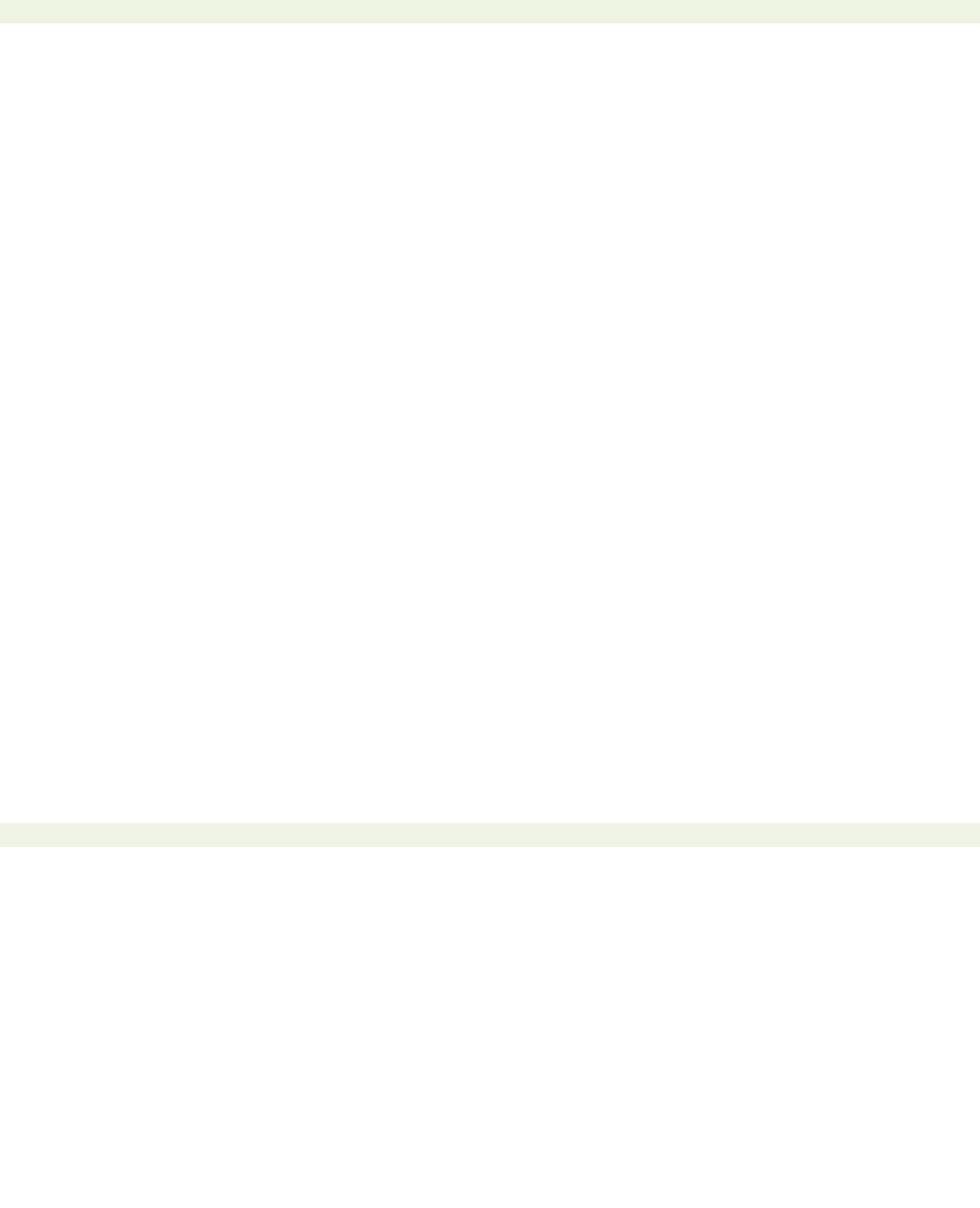
page_328
file:///C:/Users/User/AppData/Local/Temp/Rar$EX01.335/The%20War%20for%20America%20%201775-1783/files/page_328.html[1/17/2011 2:27:17 PM]
< previous page page_328 next page >
Page 328
of Rodney's fleet, of which Sandwich had hitherto said nothing: it turned out to be ill-found and undermanned.
Knox took up the cudgels in Germain's absence and persuaded Sandwich that three of Walsingham's ships should
remain with Rodney instead of proceeding to leeward. But still the First Lord remained confident of the issue:
Germain was not. For though Walsingham had received his sailing orders on 7 March, he was still held up on the
25th and could not reach Rodney in time to assist him against the first impact of Guichen. Germain's only comfort
was that Arbuthnot might have obeyed his orders and detached a force from New York.1
Germain would have sent another six ships to the western Atlantic, convinced that there was little to be feared at
home; but he found that Sandwich would not risk the British Isles on any account. The need to strengthen
Walsingham was intensified by intelligence from Cadiz of the Spanish expedition which was preparing to sail for
Havana. Since Ternay's force for America was now thought to be only eight sail of the line, two of Graves's eight
ships were taken from him and ordered straight out to the West Indies.2
A further suggestion from Knox was at first brushed aside by Sandwich. This was that Walsingham and his convoy
should be escorted clear of Brest by Graves. But early in April when a sortie from Brest was more probable,
Walsingham was still wind-bound at home, and the Admiralty adopted the suggestion. Graves was ordered to
escort the West India convoy two hundred leagues south-west from the Lizard if he was ready when Walsingham
sailed. Graves himself was having difficulty in preparing his squadron. Most of his ships were just back from
Gibraltar, short of men and in need of repairs; and their depleted provisions and stores had to be brought up to the
foreign service scale. He had to compete for resources with the Channel fleet which was fitting out at the same
time, and it was not till the middle of April that he was ready. Then five of his ships, with crews unpaid, refused to
unmoor. One ship gave in only under threat of force; but this mutiny produced no capital sentences, for the wages
were due 'in strictness of the Act.' At last Graves's squadron dropped down the Channel, only to be wind-bound in
Plymouth.3
Ternay sailed from Brest on 2 May with seven sail of the line. The news was on Germain's table on the following
day, and with the wind easterly at last he hoped that Graves and Walsingham had both cleared the land. But he
was wrong. Walsingham's convoy was still wind-bound in Torbay. For a further fortnight Graves waited to escort
him; but at last, on Lord Mulgrave's suggestion, he was allowed to proceed separately to America,
1 CL, Germain, 24 March, de Grey to Hughes; Sandwich, III, 206; Knox, 1667.
2 Ternay's real strength was seven. His eighth ship was fitted as a hospital ship.
3 Adm. 2/108, p. 438; Knox, 166; G 3002; Sandwich, III, 151, 2389.
< previous page page_328 next page >
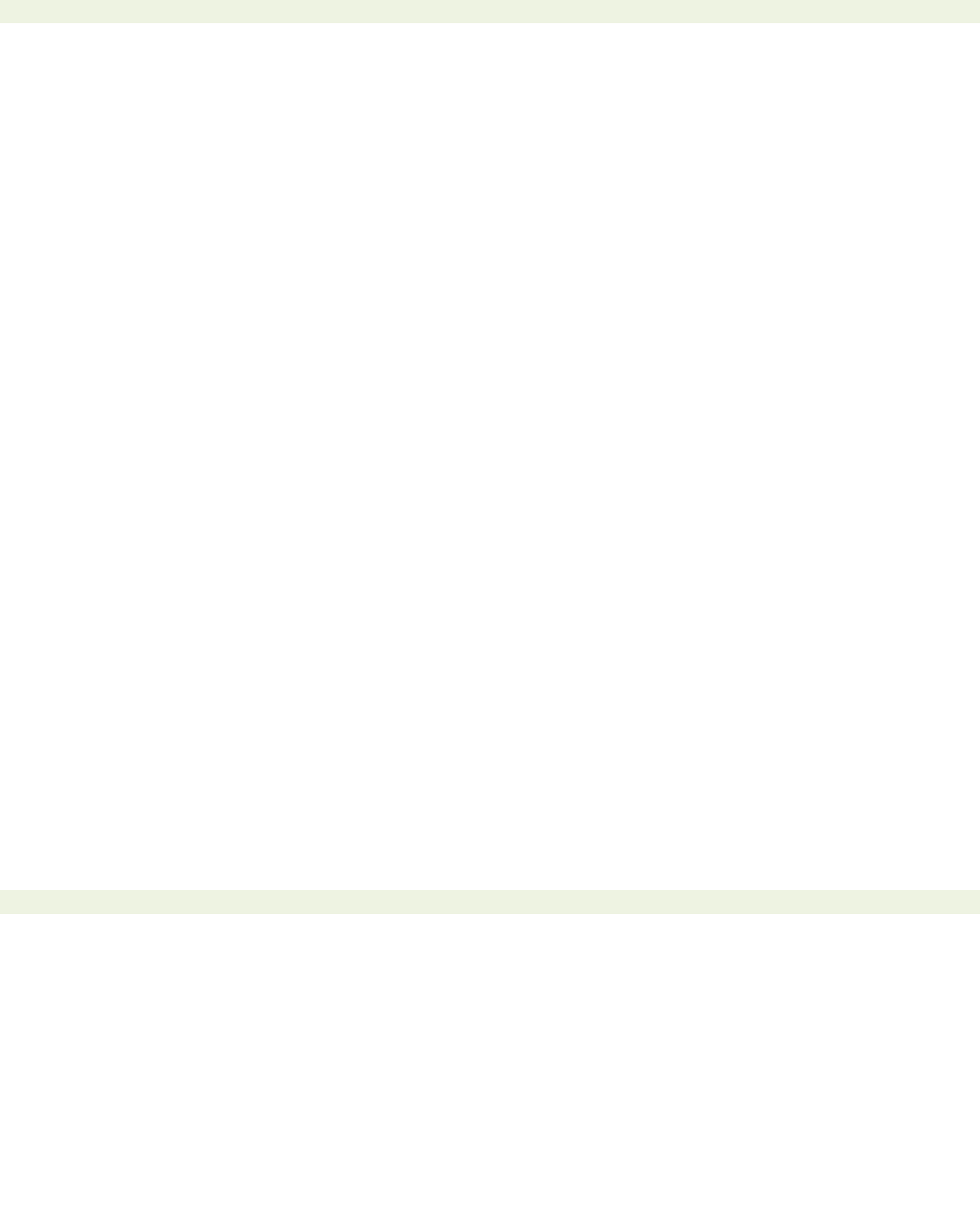
page_329
file:///C:/Users/User/AppData/Local/Temp/Rar$EX01.335/The%20War%20for%20America%20%201775-1783/files/page_329.html[1/17/2011 2:27:17 PM]
< previous page page_329 next page >
Page 329
and sailed on the 17th from Plymouth in the wake of Ternay. That day it was known that Solano had sailed from
Cadiz for the West Indies. Still Walsingham remained in Torbay. 'Was ever anything so provoking as the detention
of Walsingham, who has been wind-bound these three months?'' Sandwich asked Rodney. But before either Graves
or Walsingham could sail, news had arrived that in the West Indies the battle was already joined.1
4
Rodney in the Leeward Islands
The approach of the hurricane season in August 1779 had closed down the Leeward Islands theatre for its annual
siesta. The departure of Barrington and Byron for England had left Rear-Admiral Hyde Parker in command with a
very inferior force; but d'Estaing's removal to Savannah and then to Europe transformed the British inferiority into
a decisive superiority of sixteen ships of the line against seven.
So large a margin of superiority had seemed the best guarantee that the British lead could be maintained in a
reinforcement race. Germain expected the British strength to show results in the winter. Both Byron and General
Grant had had authority to take the offensive; and in the latter part of the year the American Secretary had been
urging their successors to attack the French islands. But his hopes were disappointed. Grant, like Byron, had gone
home leaving temporary successors. He divided the command between his two senior brigadiers; and instead of
handing over his instructions, he ordered them to confine themselves to the defence of their own islands. Shortage
of transports was also said to have contributed to the army's immobility.2
The convoy which Rodney had detached on his way to Gibraltar arrived in February 1780, bringing General
Vaughan and his leading battalion.3 Major-General the Hon. John Vaughan, Lord Lisburne's brother, was the
officer who had stormed Fort Montgomery in the Hudson Highlands in 1777, and he had returned from America
with a high recommendation from Clinton. Major Wemyss's view of him is characteristically harsh: 'Without
abilities, he was ill-tempered and capricious, ever censuring the conduct of others; particularly his senior officers.'
Hyde Parker, however, took to him as soon as they met, and called him 'this active general'; and he had the rare
merit of agreeing with Rodney.4
Vaughan intended to lose no time in waiting for the remainder of his
1 Sandwich, III, 214, 282; Adm. 2/1338, f. 18; CL, Germain, 3 May to Vaughan.
2 CL, Germain, 3 and 7 Dec. to Admiralty, 4 Dec. to Brig.-Gen. Prescott; CO 318/7, f. 100; Sandwich, III, 156;
Adm. 2/1337, f. 3.
3 A second battalion was forwarded to Jamaica.
4 Fortescue, III, 340; Sparks MSS., Vol. 22, p. 215; Eg. 2135, f. 151.
< previous page page_329 next page >

page_330
file:///C:/Users/User/AppData/Local/Temp/Rar$EX01.335/The%20War%20for%20America%20%201775-1783/files/page_330.html[1/17/2011 2:27:18 PM]
< previous page page_330 next page >
Page 330
troops from England. There were 3,700 men fit for duty in the Leeward Islands, besides 1,350 serving in the fleet,
and as soon as he reached Barbados he began to re-concentrate the scattered battalions. He summoned troops from
Brigadier Prescott at St Kitts, gathered up more from Antigua, and reached St Lucia on 20 March with the intention
of recovering St Vincent. He learnt that Guichen's force from France was on its way, but trusted that it would not
arrive till his own blow had been struck. With some hesitation Hyde Parker decided to support the military
operation rather than try to intercept Guichen. But the General postponed the attack. A letter from Rodney, and
news of approaching reinforcements of troops (part of the scattered second contingent) caused him to save his
strength for a more important objective than St. Vincent. It was as well that he paused; for on the 22nd Guichen
reached Martinique, unimpeded by the British fleet.1
The command of the sea thus passed to the enemy. Guichen had twenty-three sail of the line against Hyde Parker's
seventeen; and all but one of the British ships had spent the last hurricane season in the islands. The day after his
arrival, Guichen appeared off St Lucia with an amphibious force. But he had not yet collected the whole of his
fleet; and deterred by the strength of the defences and news that Rodney had reached Barbados, he returned to Fort
Royal. At the first opportunity Vaughan redistributed his troops to Antigua and St Kitts, realising that he must
stand on the defensive till the balance at sea had been redressed.2 Germain was far from alone in believing that a
reasonable distribution of troops would help to secure the islands when the navy was weak. It was true that
dispersal in garrisons would hamper the mounting of an offensive; and it was equally true that if the fleet was
overwhelmed and the command of the sea totally lost, most of the British islands would be indefensible and their
garrisons a gift to the enemy. But this was far from being the case when Rodney reached the islands. Though
inferior to the French, he was strong enough to dispute the command with them; and if the islands had not been
garrisoned, the fleet would have been chained to their defence and unable to seek the enemy.
Rodney's four ships of the line reached St Lucia on 27 March. The British now had enough ships to offer battle;
and early in April the whole fleet of twenty-one sail of the line put out to cruise off Martinique. But the enemy did
not stir from under the guns of Fort Royal; and leaving his coppered ships on watch, Rodney returned to Gros Islet
Bay. Guichen's orders were of the equivocal kind which so often restricted French commanders. With the
exception of St Lucia he was to evacuate any British possessions which he might take, after destroying the
munitions, stores and fortifications; and
1 Fortescue, III, 3423; Sandwich, III, 157; CO 318/7, ff. 81, 86.
2 CO 318/7, f. 88.
< previous page page_330 next page >
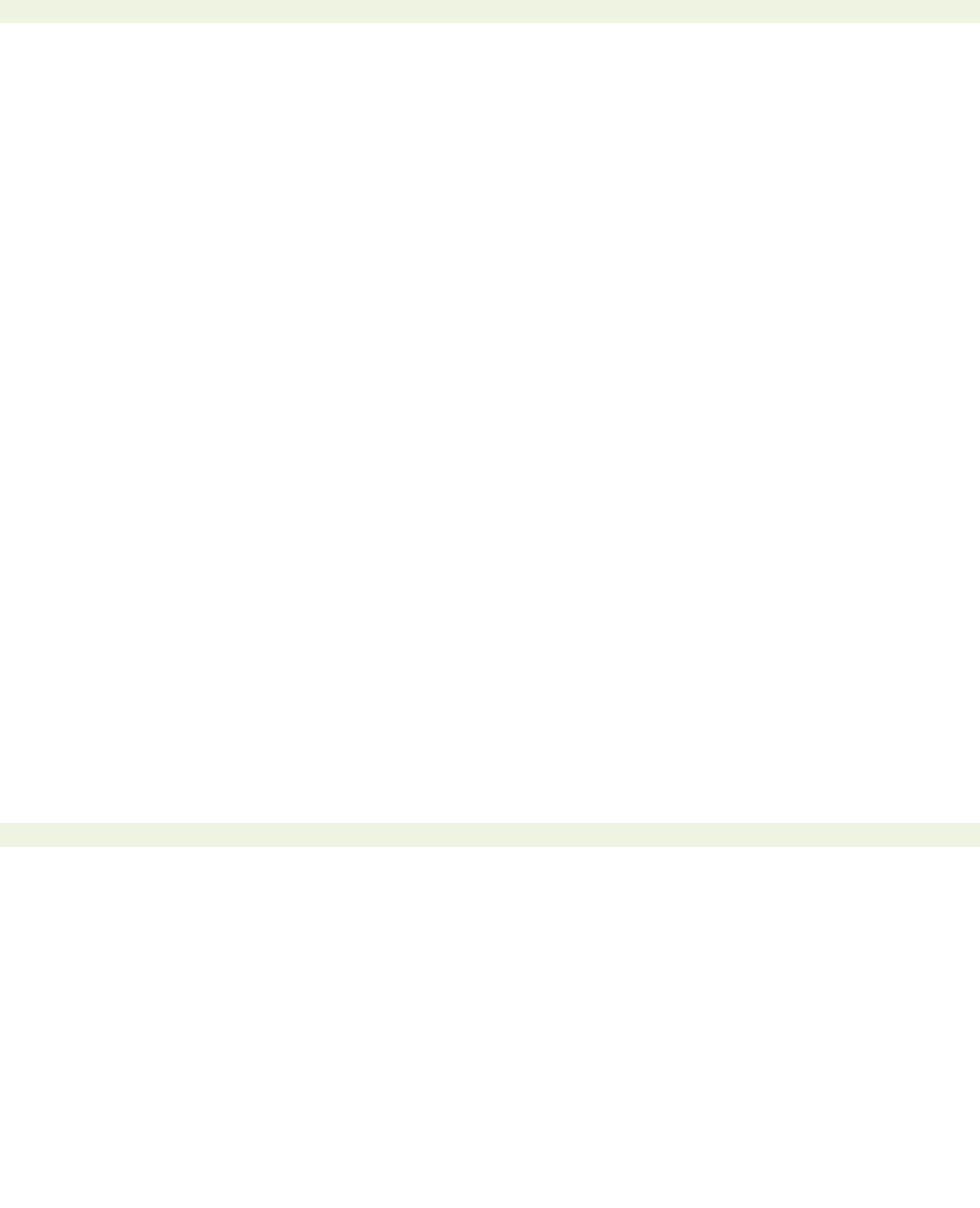
page_331
file:///C:/Users/User/AppData/Local/Temp/Rar$EX01.335/The%20War%20for%20America%20%201775-1783/files/page_331.html[1/17/2011 2:27:18 PM]
< previous page page_331 next page >
Page 331
was 'to keep the seas as much as the English forces maintained in the Windward Islands might allow him, without
too much compromising his own forces'.1 In this spirit his next enterprise was launched. Instead of fighting for the
command of the waters, he intended to seize Barbados by stealth. On the 13th he sailed with 3,000 troops. Rodney
followed him, and by the evening of the 16th he was close enough to count the enemy. They had twenty-two ships
of the line; he had twenty, and a ship of fifty guns. The forces were nicely balanced.2 Throughout the night
shadowing frigates kept touch with the French; and on the morning of 17 April the two fleets engaged in the
second great general action of the war.
The course of the battle of Martinique was much like that of Keppel's action off Ushant, and indeed of most naval
battles of the century. Only a great superiority of force could have overcome the drag of misunderstandings,
inadequate signalling systems, and adherence to rule. Indecisive results brought violent recriminations. Rodney's
plan was to concentrate on the enemy's rear. But if he explained it to his captains (as his physician wrote many
years later that he had asserted) he failed to instil it. An ambiguous signal brought into play the captains'
indoctrination in the Fighting Instructions, and they engaged along the whole length of the enemy's line. For the
soldiers serving in the fleet it was hard to understand how so fair an opportunity had passed without a single
enemy ship sunk or taken.
Rodney raged at the result, and hinted at a conspiracy to disgrace the British flag. One captain who had risen from
the lower deck was court-martialled and broken, having no great connections to protect him. The rest escaped
unpunished; but in private letters Rodney condemned most of his captains and all his flag officers. Sandwich saw
the dissensions with horror. He assured Admiral Rowley repeatedly that he had heard nothing against him, and
restrained 'Vinegar' Hyde Parker when he came home in a fury and threatened to publish. 'God forbid', he wrote,3
'that the West India fleet should produce another scene like Mathews and Lestock, or Keppel and Palliser.'
The French strategy of evasion gave some degree of moral superiority to the British, but the command of West
Indian waters remained in dispute. The considerable British army which was now assembled in the islands could do
nothing while the issue at sea remained in doubt. After the battle Rodney took up a position between the French
fleet and its base, but Guichen declined to fight his way back and sheltered under the batteries of Guadeloupe.
1 Chevalier, 185.
2 Rodney: 20 ships of the line and a fifty about 1,494 guns. Guichen: 22 ships of the line about 1,546 guns. A
French seventy-gun ship joined after the battle.
3 Sandwich, III, 233.
< previous page page_331 next page >
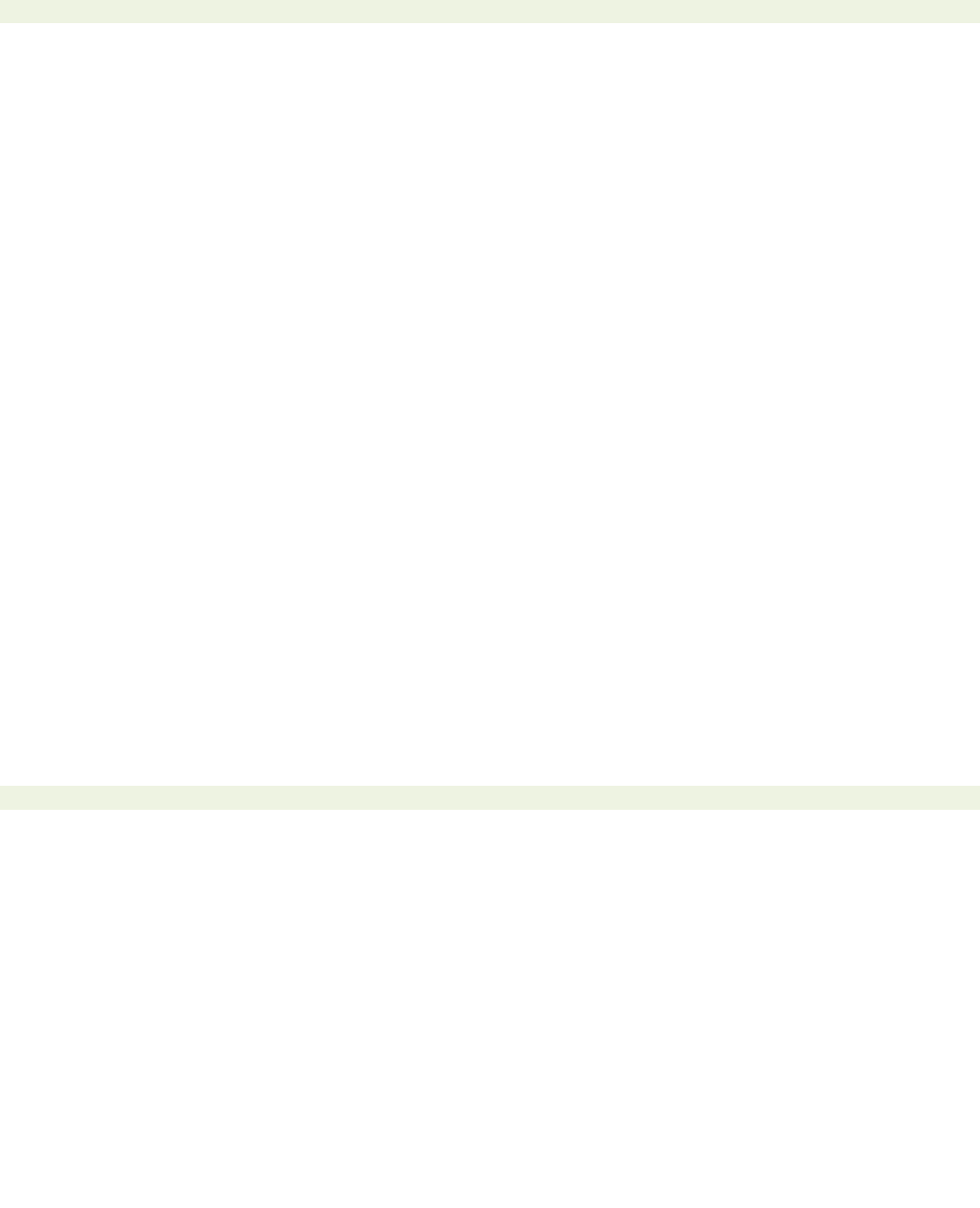
page_332
file:///C:/Users/User/AppData/Local/Temp/Rar$EX01.335/The%20War%20for%20America%20%201775-1783/files/page_332.html[1/17/2011 2:27:18 PM]
< previous page page_332 next page >
Page 332
Here he replenished his stores from neutral St Eustatius; and early in May he issued forth on a mission, as
misguided as the last one, to seize St Lucia without a battle. Rodney sighted him on the 10th, and for eleven days
the fleets manoeuvred in variable winds while Rodney tried to force a battle. Twice the fleets clashed indecisively
before Guichen gave up his object and withdrew to Martinique. He had a strong and well-handled fleet; but the
fatal French doctrine of seeking strategic results without tactical risks frustrated his intentions.
Rodney had reached the theatre in time with the vital reinforcement which held the balance. But he maintained that
five more ships of the line would have given him a decisive victory.1 And if all had gone as the Ministry had
planned, he would have had them. We have seen how Walsingham's ships from England were held up for three
months by the wind: if he had sailed in late February or early March he should have been in time for the fighting.
But what had become of the three ships which Arbuthnot had been ordered to send from America? The orders had
been signed nine months earlier, on 24 September, and entrusted to the Bonetta sloop. She sailed from Spithead on
4 October, but was dismasted in mid-Atlantic by a storm. For weeks she battled vainly under jury masts to fetch
New York. By the New Year her water was running out, forty-three of her crew were sick, several dead, and the
rest almost naked, for there had been no slops in store at Portsmouth when she sailed. On 10 January her captain
gave up and bore away for the Bahamas. Five weeks later he reached New Providence, and sent fifty-four sick on
shore. Then he tried to forward his despatches, but no vessel could be hired on any terms. He tried to refit his own,
found all the artificers working on privateers, and appealed to the Governor for priority. But the Governor was
technically a prisoner of war as a result of an American raid, and neither the civil nor the military authorities
would accept his orders. The Bonetta lay helpless in the Bahamas till 1 May. Before then Arbuthnot had inferred
the Admiralty's intentions from allusions in later despatches. In April he ordered three ships of the line to Rodney,
and the first of these joined him too late on 17 June.2
On such a chain of circumstances on storms, private interests, and quarrelling officials the Cabinet's plans might
founder. But there remains a charge against the Ministry to dispose of. It was pointed out by Keppel that by early
May three enemy forces had sailed unmolested from Brest and Cadiz to cross the Atlantic.3 He argued that Brest
should have been blockaded, and
1 Adm. 1/486, f. 431.
2 Adm. 2/1336, f. 58; Adm. 2/108, 24 Sept., Admiralty to Bonetta; Adm. 1/486, ff. 5245.
3 Keppel, II, 340.
< previous page page_332 next page >
